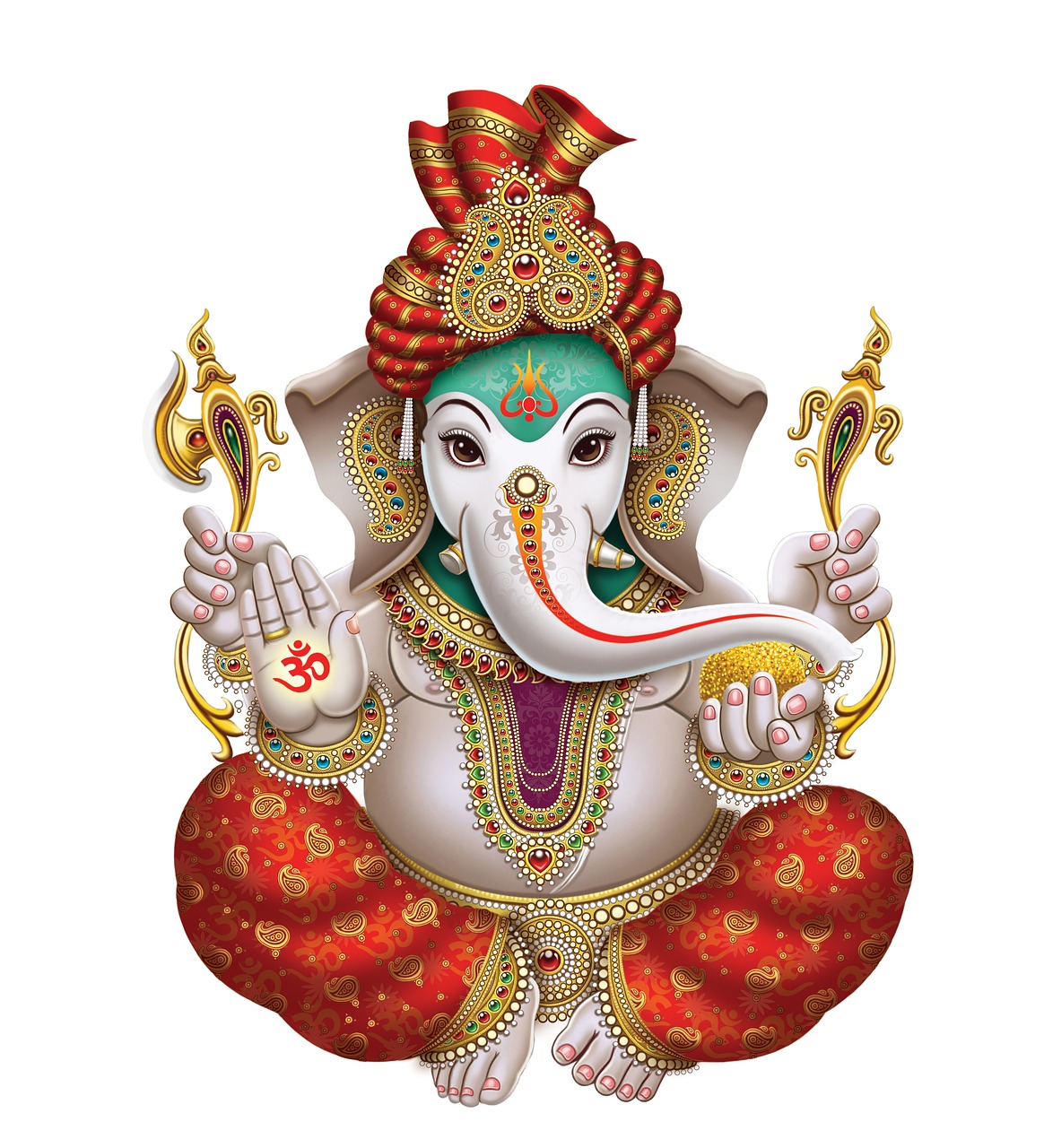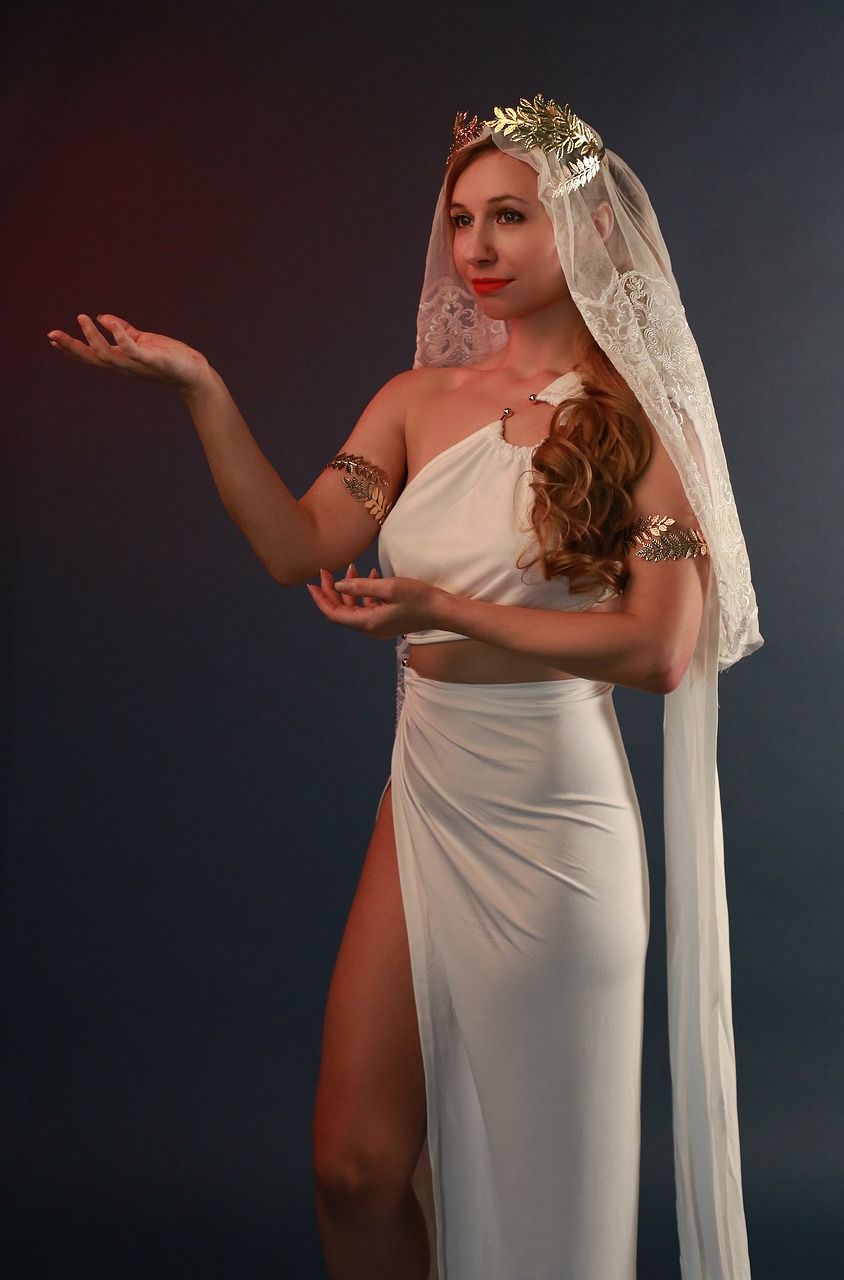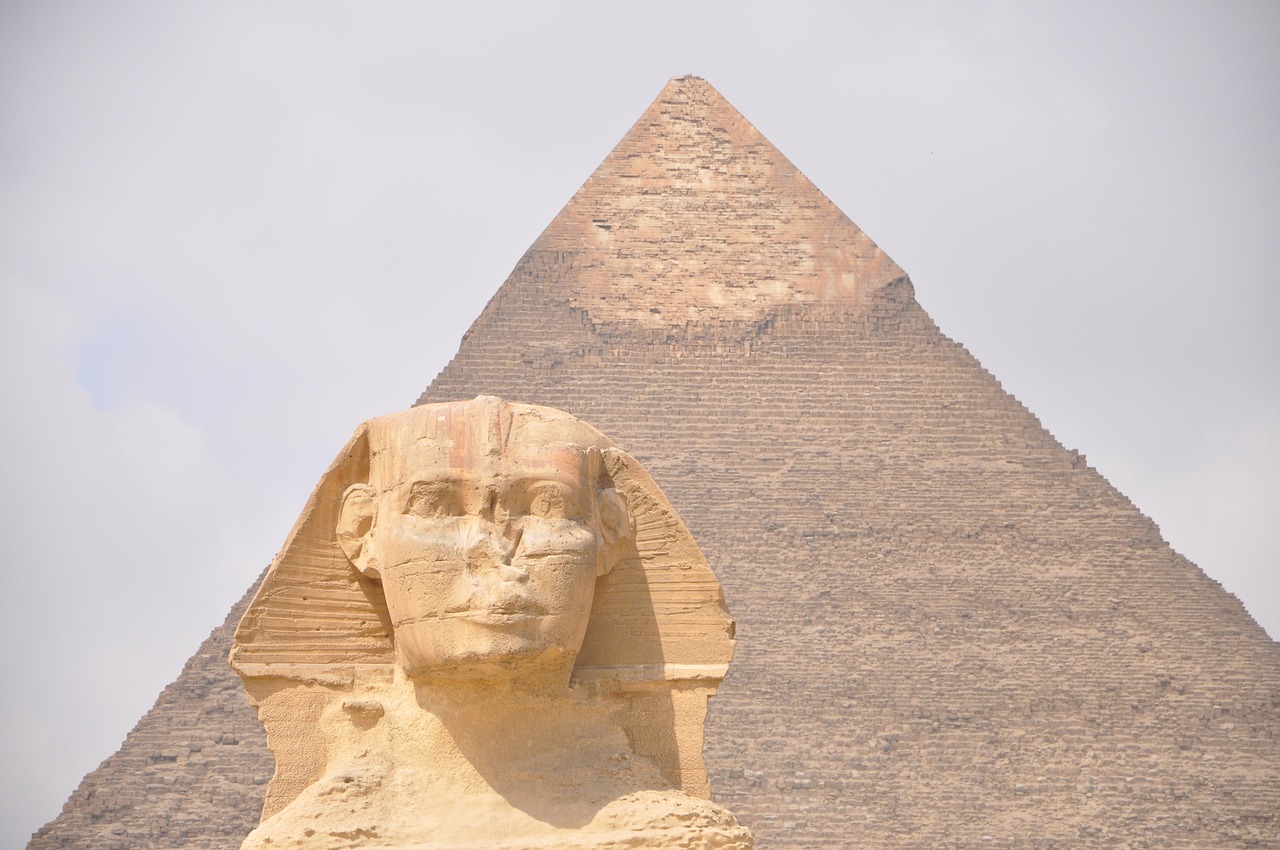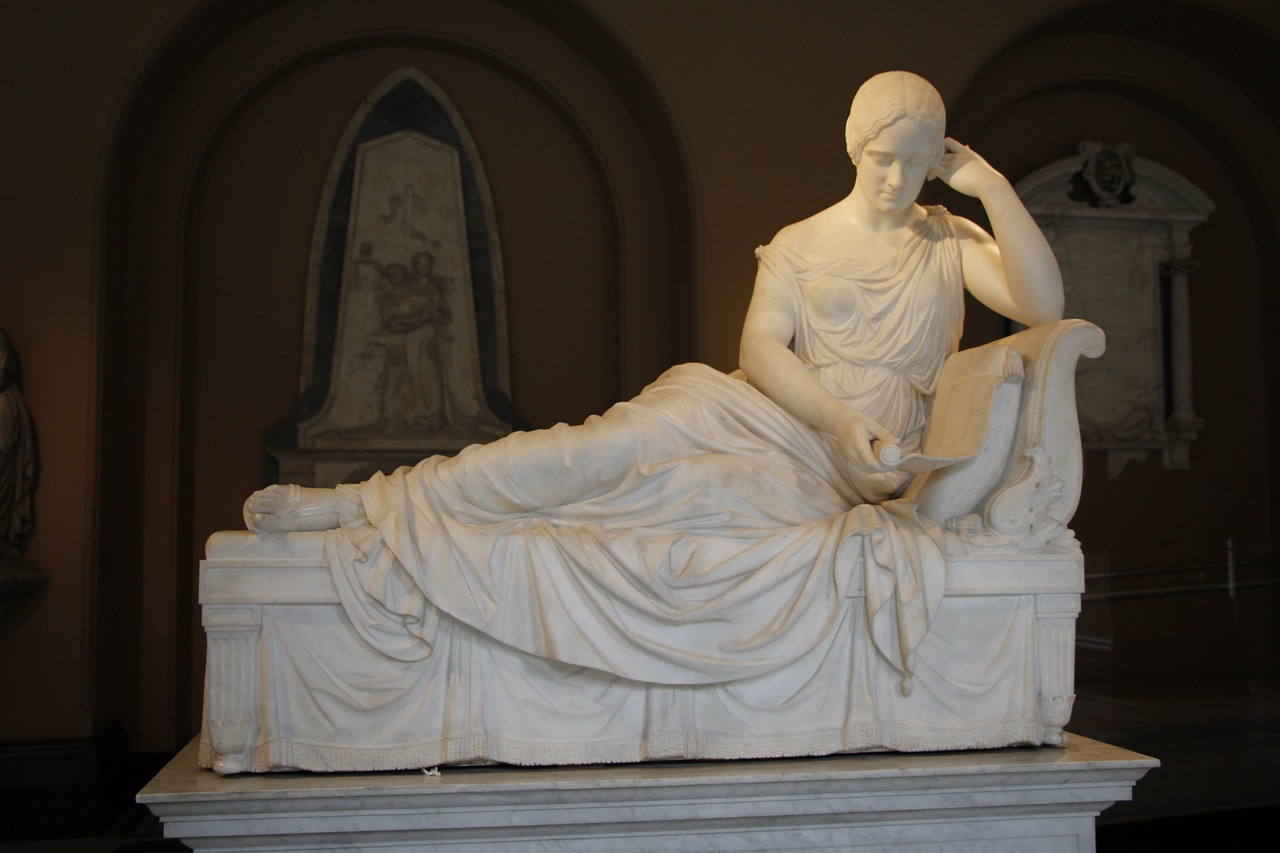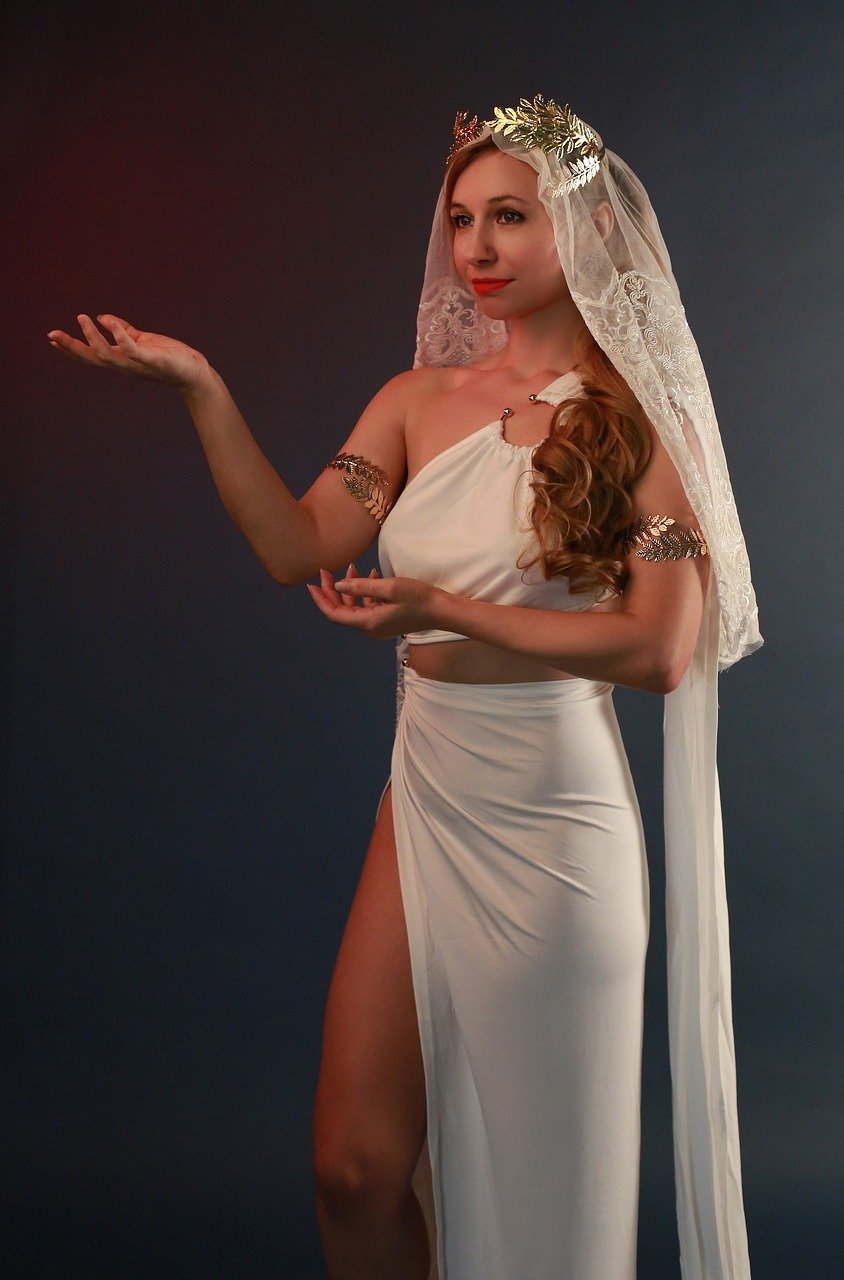Tag: goddess
-
This week, I delve into the intriguing figure of the goddess Neith. My fascination with her began during my university studies, particularly when I was tasked with an assignment focused on ancient Egyptian mythology. Throughout my academic journey, I discovered a keen interest in themes related to gender, funerary practices, and mythology. Given this backdrop,…
-
Venus, a goddess known in ancient Italy, was originally associated with agriculture, fields, and gardens, but was later identified with the Greek goddess of love, Aphrodite, by the Romans. The renowned statue, Venus de Milo, created around 150 BCE, epitomizes her transformation into the figure of love as recognized globally today. In early Roman tradition,…
-
Unveiling Banba: The Lesser-Known Irish Goddess Despite not being among the more widely recognized Irish deities, Banba (also referred to as Anbha or Banbha) holds a significant place in mythology. As the granddaughter of the divine ancestors, Delbáeth and Ernmas, she is notably credited as the first to step foot in Ireland prior to the…
-
Hestia: The Virgin Goddess of the Hearth and Home Hestia, representing the essence of home and hearth, played a pivotal role in Greek mythology as the virgin goddess governing both domestic and civic fire. The sector of community meals and bread-making fell under her purview, as she oversaw the preparation of family feasts. As the…
-
Hathor, an ancient Egyptian goddess, has long been admired as a complex figure in mythology. She is sometimes linked to other deities, including Isis, and even Sekhmet, but ultimately emerged as a principal goddess from whom other figures derived. Visually, Hathor is often represented as a woman with cow features, such as a cow’s head…
-
Overview Juno, known as Iuno in Latin, holds the esteemed position of being the queen of the Roman pantheon and the spouse of Jupiter, the king among gods. As a protector of women, particularly emphasizing their societal roles related to marriage and motherhood, Juno’s character and symbolism have significant connections to the Greek goddess Hera.…
-
Renenutet, also known as Renenet or Ernutet, was a formidable deity revered in ancient Egyptian culture as the embodiment of nature’s bounty. Frequently referred to as the “Lady of Fertile Fields” and the “Lady of Granaries,” she was also recognized as a Cobra Goddess, dubbed the “Nourishing Snake,” symbolizing sustenance and harvest. Artistic representations of…
-
At the core of the lush landscapes of Ireland lies the formidable Goddess known as the Morrígan. This ancient deity embodies feminine power, wisdom, and resilience, shrouded in the complexities of life and death. As a haunting presence on battlefields, the Morrígan not only casts a shadow of dread but also shines a guiding light…
-
Tefnut: The Goddess of Water and Moisture in Egyptian Mythology Overview In the realm of Egyptian mythology, Tefnut stands out as the goddess associated with water, humidity, and sustenance. Often recognized alongside concepts of dryness and the sun, she is recognized as both a creative force and a nurturing presence, revered as the mother of…
-
The Goddess Hestia: Guardian of the Hearth Hestia, the embodiment of the hearth, both at home and in the community, is revered as a virgin goddess in ancient Greek mythology. She is intimately connected with the family unit, overseeing the preparation of meals and the cooking of bread. Additionally, Hestia is the overseer of the…


